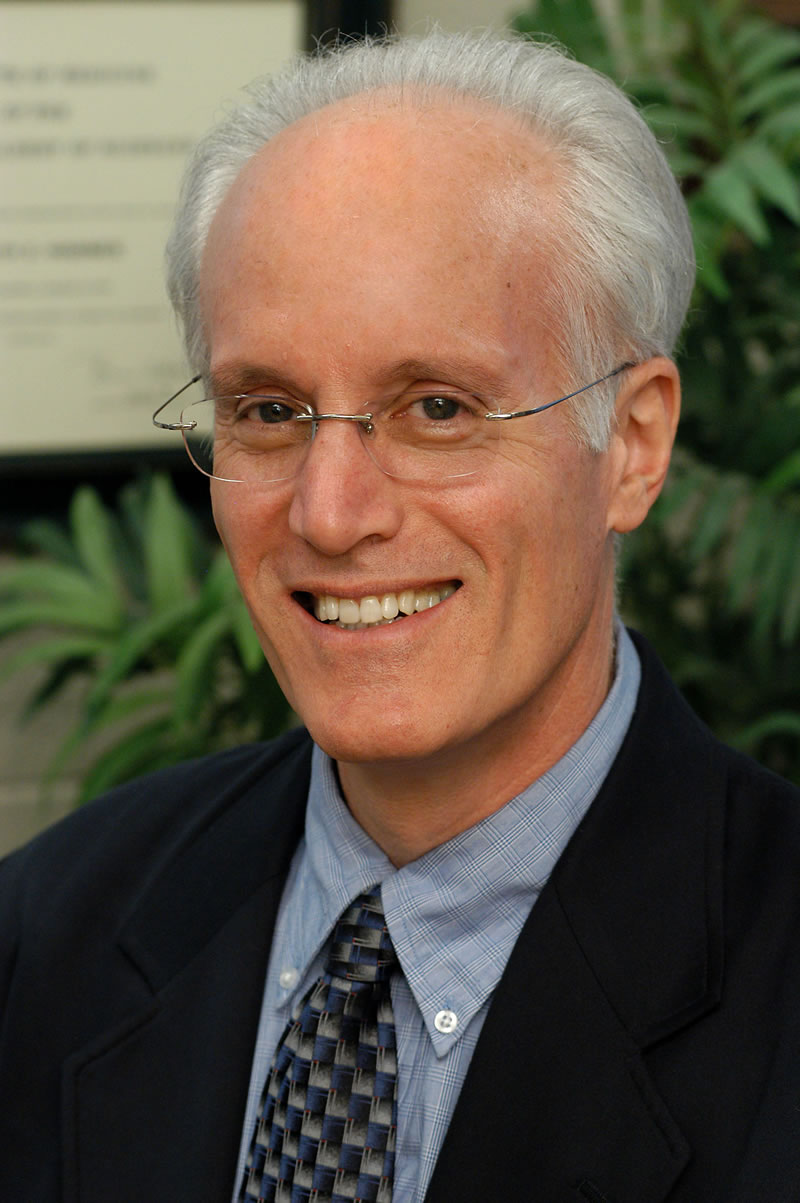Kenneth E. Warner, Ph.D.

Presented in over 250 professional publications, including seven books, Dr. Warner’s research has focused on economic and policy aspects of disease prevention, with a principal interest in tobacco and health. Dr. Warner served as the World Bank’s representative to negotiations on the Framework Convention on Tobacco Control, the world’s first global health treaty. He also served as the senior scientific editor of the 25th anniversary Surgeon General’s report on smoking and health. During 2004-2005 he was president of the Society for Research on Nicotine and Tobacco. He was a founding member of the board of directors of the Truth Initiative. Dr. Warner has testified before the U.S. Senate and the House of Representatives. Now living in Traverse City, Michigan, he serves as a member of the Munson Healthcare Community and Population Health Committee and as a member of the Board of the International Affairs Forum.
Dr. Warner’s honors and awards include the Surgeon General’s Medallion, conferred by Dr. C. Everett Koop in 1989; election to membership in the National Academy of Medicine in 1996; an international Luther L. Terry Award for Exemplary Leadership in Tobacco Control in 2003; the triennial Doll-Wynder Award from the Society for Research on Nicotine and Tobacco in Florence, Italy, in 2017; and Excellence in Research and Teaching Awards from the U-M School of Public Health.
Dr. Warner earned his A.B. degree summa cum laude from Dartmouth College in 1968 and M.Phil. and Ph.D. degrees from Yale University in 1970 and 1974.
Describe your interest in the Rogel Cancer Center. What drew you to being on the National Advisory Board?
I have been involved in tobacco policy research for the past 40 years, working in an area that is not just related, but is the single most important cause of cancer deaths.
I also have a long family history with cancer, which is one of the reasons I have such a great interest in it. My sister was diagnosed with a rare cancer at 17 and died at 21. Needless to say that was a formative experience for me. My father died at 68 of cancer, and my mother died at 90 of cancer. My father’s mother died of cancer when Dad was only 12 or 13.
My sister’s illness led me to do a doctoral dissertation in economics on the spread of new cancer therapies for children and adults. That project was unusual for economics in the early 1970s. It led to my joining the faculty of the School of Public Health at the University of Michigan and then to my work in tobacco. Smoking is by far the leading cause of cancer deaths for men and women in the United States.
What are your hopes for what the Rogel Cancer Center can accomplish in the next decade?
The simple answer is that I hope that the Rogel Cancer Center can make truly important contributions to reducing the incidence of cancer and to treating it effectively when it does occur.
I also would like to learn about the unique contributions we are making in areas like immunotherapy and the biostatistical analysis of genetics, especially drawing on U-M’s broader resources. We have people on our faculty like Goncalo Abecasis, D.Phil., who is running a large center on statistical genetics and is one of the world’s leading experts in that field. That’s a good example of a comparative advantage.
My personal passion lies in the area of disease prevention. There’s too little attention paid to preventing cancer nationwide, despite the fact that the reduction in smoking since the 1960s is the most important explanation for the reduction in the age-adjusted cancer death rate in the United States. The Rogel Cancer Center has a robust program in cancer prevention with some superb scientists. I believe it could have a comparative advantage if it placed even more emphasis on prevention and control, which few cancer centers do.
How do you envision the National Advisory Board contributing to that success?
Dr. Fearon is committed to using the board to develop insights into how the cancer center might better serve the public from the multiple perspectives of research, care, and education. I look forward to contributing, especially in talking about prevention.
The membership of the board of the Rogel Cancer Center is very impressive. I feel flattered to be asked to join them in their objective of assisting the center in strengthening its contributions to extending lives and increasing quality of life.
